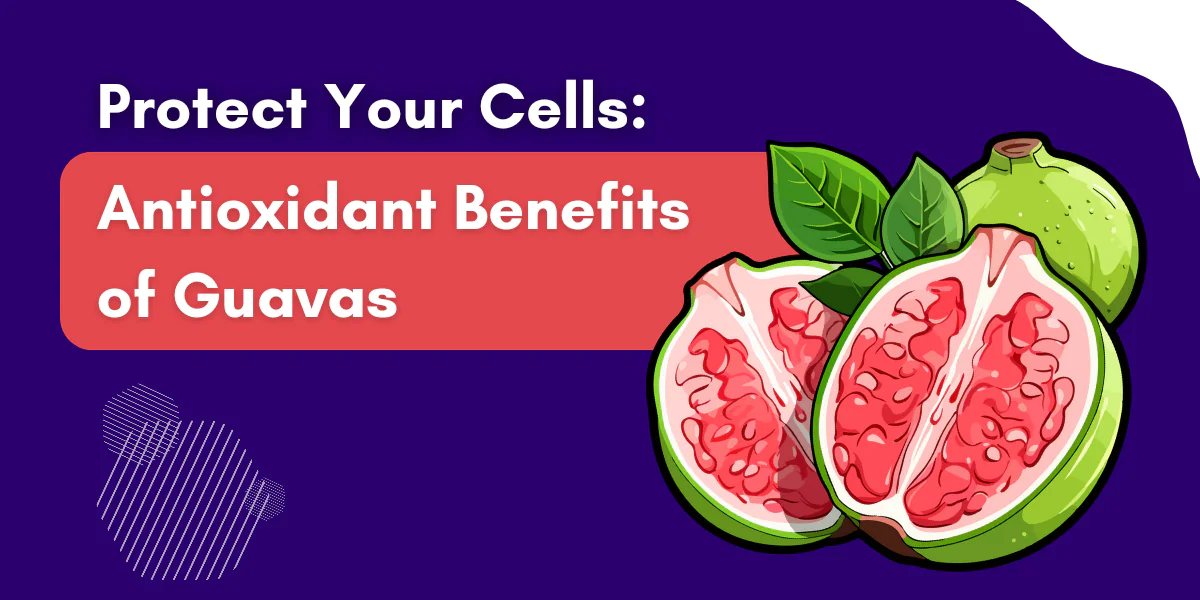Inflammation is a part of our immune response, yet too much can lead to chronic issues like arthritis, heart disease, or diabetes. While medication can help manage inflammation, adding anti-inflammatory foods to our diets is a natural and effective approach to ease the symptoms. One simple solution? Oranges. Packed with antioxidants, vitamins, and fiber, oranges are a powerful, natural way to combat inflammation.
What Is Inflammation?
Inflammation is the body’s way of protecting itself from infections, injuries, and harmful stimuli. There are two types of inflammation:
- Acute Inflammation – Short-term, lasting for a few days in response to injury or infection.
- Chronic Inflammation – Long-term and can last for months or years, often linked to lifestyle factors and conditions such as stress, poor diet, and exposure to pollution.
Chronic inflammation is linked to serious health issues, including diabetes, heart disease, arthritis, and even some cancers. In India, inflammation-related illnesses are on the rise, particularly with lifestyle-related conditions.
Why Oranges Are Effective for Inflammation Relief
Oranges are rich in vitamin C, antioxidants, fiber, and other nutrients that work to reduce inflammation. Let’s break down how these specific nutrients help:
- Vitamin C – This vitamin boosts the immune system and protects cells from damage. It’s essential in reducing inflammation and promoting healing.
- Antioxidants – Oranges contain various antioxidants like flavonoids and carotenoids that neutralize free radicals (molecules that damage cells and cause inflammation).
- Fiber – The fiber in oranges not only supports digestion but also helps to maintain healthy blood sugar and cholesterol levels, which can indirectly reduce inflammation.
- Low Glycemic Index (GI) – Foods with a low GI release sugar slowly, helping keep blood sugar stable and reducing inflammation markers.
Related: 8 Ways Oranges Boost Your Immune System This Winter
Key Compounds in Oranges That Fight Inflammation
Oranges contain bioactive compounds that make them an ideal anti-inflammatory fruit. Here are a few main ones:
- Flavonoids
Flavonoids, particularly hesperidin, are found in the pulp and peel of oranges. Studies have shown that hesperidin may decrease inflammatory markers, helping reduce the risk of chronic inflammation (Source: National Center for Biotechnology Information, 2021). - Carotenoids
Carotenoids, like beta-carotene, are potent antioxidants that reduce inflammation. These pigments help control the immune response, lowering the likelihood of excessive inflammation. - Ascorbic Acid
Better known as vitamin C, ascorbic acid boosts immunity and reduces oxidative stress, lowering inflammatory responses.

Health Benefits of Oranges for Managing Inflammation
Oranges offer a variety of benefits beyond inflammation reduction. Here are some reasons to add them to your diet:
1. Boosts Immunity
Vitamin C in oranges strengthens the immune system, helping the body fight infections and inflammation. Adding one orange to your daily diet provides nearly 100% of the recommended daily intake of vitamin C.
2. Reduces Oxidative Stress
Oxidative stress, caused by free radicals, can worsen inflammation and lead to cell damage. The antioxidants in oranges combat this stress, providing relief from inflammation. This effect is particularly beneficial for people with arthritis, heart disease, and other chronic conditions.
3. Supports Heart Health
Oranges are rich in fiber and potassium, both of which help maintain heart health. Lower cholesterol and stable blood pressure can reduce inflammation in blood vessels, lowering the risk of cardiovascular diseases.
4. Improves Skin Health
Inflammation affects skin health, causing redness, rashes, or even acne. Oranges, with their antioxidants, reduce inflammation and protect the skin from damage caused by UV rays, pollution, and stress.
5. Aids Digestion
The fiber in oranges aids digestion, reducing bloating and preventing constipation, which can cause internal inflammation if left unaddressed.
How to Add Oranges to Your Daily Routine
Adding oranges to your diet is simple, and there are many ways to enjoy their benefits. Here are some ideas:
- Morning Juice: Start your day with fresh orange juice. Avoid adding sugar to keep it healthy.
- Mid-Day Snack: Pack an orange as an easy snack at work or while on the go.
- In Salads: Toss orange slices into salads for a refreshing twist. Their tangy flavor pairs well with greens and nuts.
- Desserts: Use orange zest or slices in desserts for flavor and added nutrients.
- Smoothies: Blend oranges with other fruits for an antioxidant-rich smoothie.
Traditional Indian Recipes with Oranges for Inflammation
Incorporating oranges into Indian recipes can add a nutritional boost. Here are a few traditional Indian-inspired recipes that feature oranges:
- Orange and Amla Chutney
Amla (Indian gooseberry) is another excellent source of vitamin C. Combine fresh orange pieces with amla, ginger, and green chili to create a chutney that’s rich in antioxidants and flavor. - Masala Orange Salad
Slice oranges and sprinkle with black salt, chaat masala, and a pinch of cumin powder. This tangy and spicy salad is a delicious way to enjoy oranges with a twist of Indian spices. - Orange Rice
Orange rice is an innovative dish combining rice, orange juice, and zest with nuts and mild spices. The citrus flavor makes this dish refreshing and loaded with antioxidants.
Tips to Maximize the Anti-Inflammatory Benefits of Oranges
- Eat the Whole Fruit: Instead of drinking only orange juice, eat the whole fruit. The fiber in the pulp slows sugar absorption, which can help reduce inflammation.
- Try Fresh Orange Juice Without Sugar: If you prefer juice, drink freshly squeezed orange juice without adding sugar to avoid unnecessary calories.
- Add Oranges to Your Post-Workout Routine: The vitamin C and antioxidants in oranges help reduce post-exercise inflammation, aiding recovery.
- Don’t Discard the Peel: Orange peels contain high amounts of flavonoids. You can grate the peel for zest or use it in teas and smoothies.
Potential Risks and Considerations
Although oranges are beneficial for most people, there are a few considerations:
- High in Natural Sugar: People with diabetes should consume oranges in moderation to avoid blood sugar spikes.
- Possible Allergies: Some people may have allergies to citrus fruits, including oranges. Watch for symptoms like itching, swelling, or digestive discomfort.
- Acidic Nature: Citrus fruits can aggravate acid reflux or other gastrointestinal issues in some individuals. It’s best to consume oranges in moderation if you have sensitive digestion.
Key Takeaways
Adding oranges to your daily diet can offer significant anti-inflammatory benefits due to their rich content of vitamin C, fiber, and antioxidants. This humble fruit not only boosts immunity but also supports heart health, aids digestion, and improves skin health.
Opt for fresh, whole oranges or use them in creative recipes that match your palate, while reaping the health benefits of this nutritious fruit. Remember, a balanced diet with a variety of fruits and vegetables is the best way to manage inflammation and improve overall health naturally.
Read Also: 10 Health Benefits of Oranges for a Stronger Immune System
Medical Disclaimer: This article is for informational purposes only and is not a substitute for professional medical advice. Always consult with a healthcare provider for personalized recommendations.




















